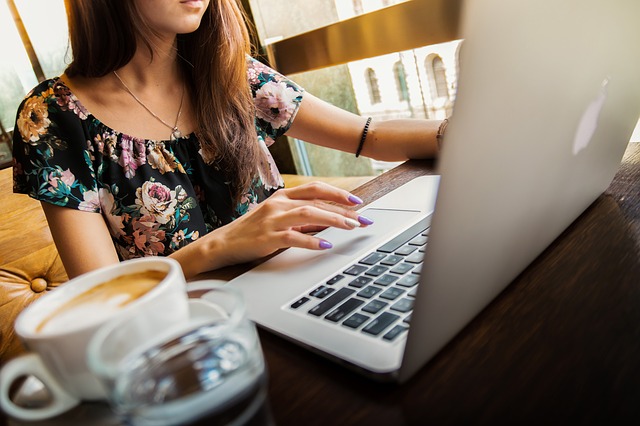According to a survey from the American Psychiatric Association (APA), more than one-third of Americans perceive social media as harmful to their own mental health while only 5% view social media as something positive for their mental health. It seems like that 5 % of Americans are in complete control of their social media use. Approximately, 45% of participants perceive that social media has positive and negative effects.
Moreover, two-thirds believe that the use of social media often is related to loneliness and isolation. This is not surprising, other studies have found a link between social media and low self-esteem, envy and social anxiety.
How to protect yourself from the negative effects of social media?
The first thing is limiting the use of social media on a daily basis. You will connect better with people if you have your social media notifications off. It’s crucial to commit to not checking social media when you are having lunch with your friends and family or while talking to your partner or children. Social media shouldn’t be a distraction in daily communication with people around you. This is the first step to mindful use of social media and the first step of gaining control of social media use.
Another useful way to protect your mental health from social media is detox. Schedule regular social media detox which should last at least five days or using social media for only 10 minutes daily for three weeks. Researchers suggested that detox from social media can lead to higher life satisfaction and lower stress level. In the beginning, this can look like mission impossible but inform your friends and family members that you are taking a break and delete all the social media apps from your phone for five days or a week.

Social Media Detox
Also, when using social media be very mindful and track how you feel after using social media for only 10 minutes and how you feel after spending 45 minutes on Instagram. Keep in mind that people who engage passively while using social media, without posting feel even worse than people who participate actively while engaging with other people and post their own content. When you approach social media mindfully you will notice if the use of Facebook and Twitter is just a mindless habit that serves as just an escape from daily life and obligations. Be brutally honest with yourself and ask difficult questions: “Why am I spending this time on Twitter? What do I want to do right now? What should I be doing now?”
Another important thing that you must do when it comes to social media is unfollow any friend or organization that might be posting content that you find annoying, boring or even infuriating. Unfollow, hide and mute any negative content, the majority of your Facebook friends won’t even notice. Deleting some negative friends and adding those who are motivational and funny will decrease the negative effects of social media.
The most important thing to remember is that social media should not replace real life and live contact with people. Keeping in touch with a family member over social media is just fine but you still have to visit each other. A chat with a friend on messenger is perfectly fine but it shouldn’t decrease the level of live communication.
How to protect your mental health from social media? You have to be in full control when using social media by using it deliberately and thoughtfully. If you use social media to your advantage it can have a positive effect on your mental health and overall life.




